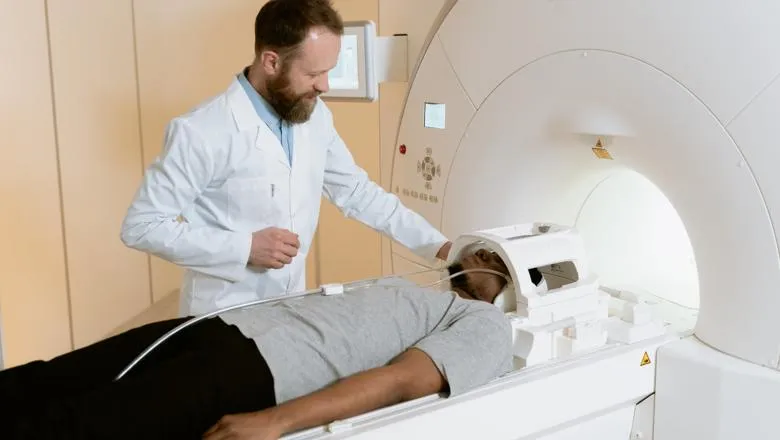
Biography
My lab uses functional neuroimaging to investigate the neural basis of dysregulated motivation and control in eating disorders and their treatment. To that end, we collaborate with a number of UK-based and international clinical research groups. More recently, we've begun exploring the neural basis for the therapeutic benefit achieved by transcranial magnetic stimulation and exposure therapy in Anorexia Nervosa, psychological treatments to improve hypoglycaemic awareness in diabetes and gastric bypass surgery in obesity disorders. I carried out the first functional magnetic resonance imaging (fMRI) investigations of amphetamine sensitisation, a drug-based model of dopamine dysregulation, in humans during my PhD and have continued my interest in both pharmacological imaging and psychosis. Beyond this, I am the module leader for MSc Neuroscience: Neuroimaging (B5) module. I am also a member of the Neuroscience MPhil/PhD Sub-Committee.
Please see my Research Staff Profile for more detail.
Key publications:
- Karra et al., 2013. A link between FTO, ghrelin, and impaired brain food-cue responsivity. The Journal of Clinical Investigation.
- Bartholdy et al., 2019. Neural Correlates of Failed Inhibitory Control as an Early Marker of Disordered Eating in Adolescents. Biological Psychiatry.
- Bartholdy et al., 2017., Proactive and reactive inhibitory control in eating disorders. Psychiatry Research.
Key collaborators:
- Professor Ulrike Schmidt, King's College London
- Professor Rachel Batterham, University College London
- Professor Stephanie Amiel, King's College London
- Dr Lukas Van Ouenhoven, University of Leuven
News
New MRI study reveals altered brain activity in depressed adolescents while watching 'Despicable Me'
The brains of adolescents with depression process information about how others are feeling in a way that is different to those without depression.

Dulled emotional reactions in individuals with anhedonia linked with prolonged activity of the brain's attentional networks.
Anhedonia-related emotional blunting is linked with abnormally sustained activity in brain areas responsible for attention.

News
New MRI study reveals altered brain activity in depressed adolescents while watching 'Despicable Me'
The brains of adolescents with depression process information about how others are feeling in a way that is different to those without depression.

Dulled emotional reactions in individuals with anhedonia linked with prolonged activity of the brain's attentional networks.
Anhedonia-related emotional blunting is linked with abnormally sustained activity in brain areas responsible for attention.

